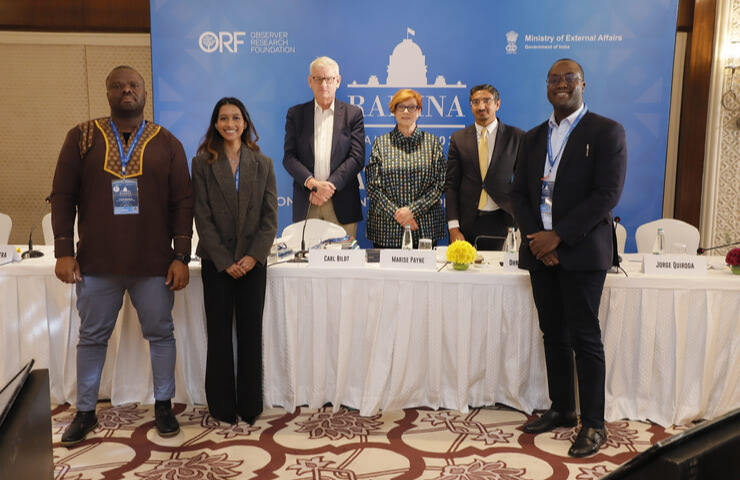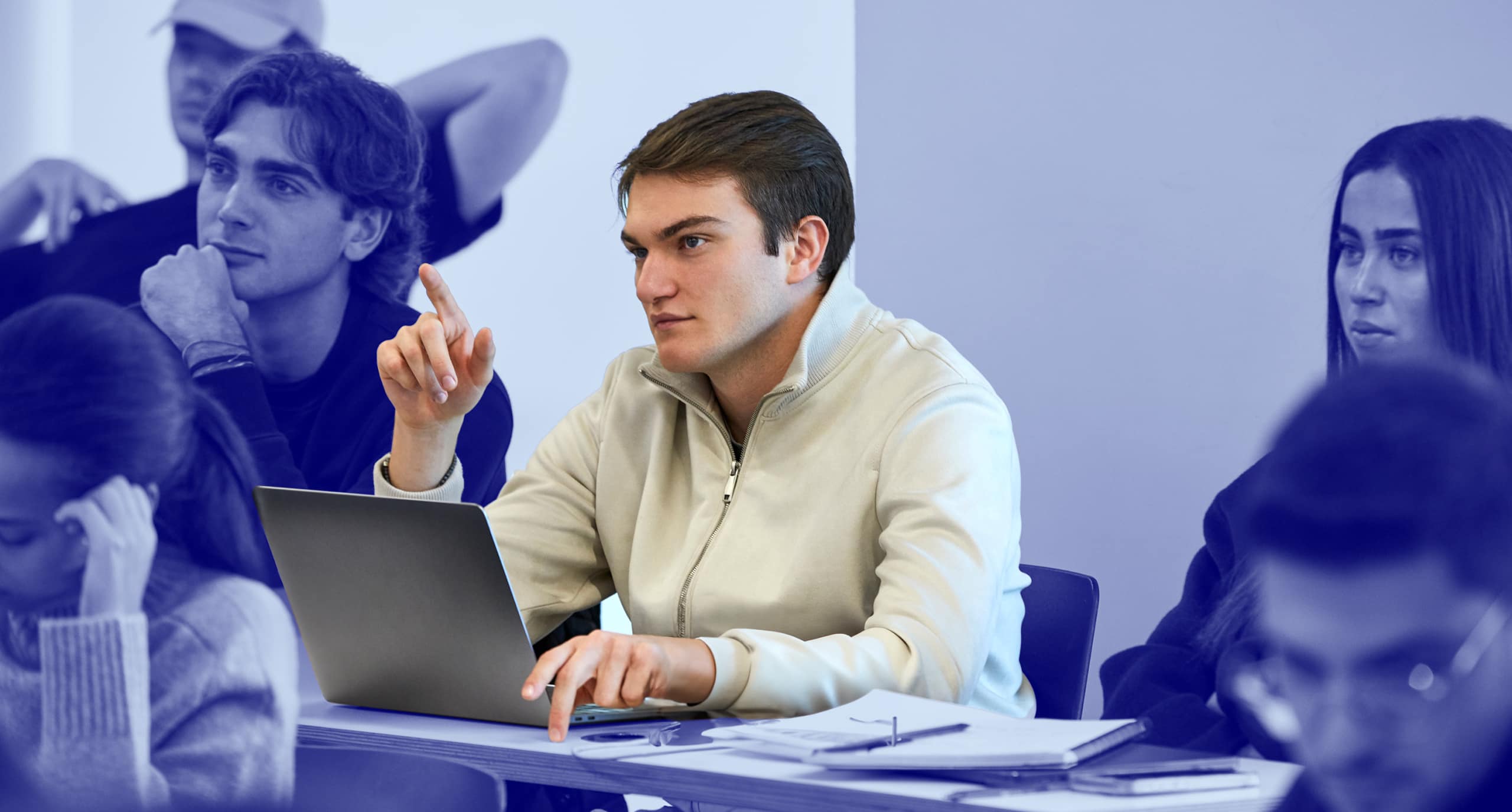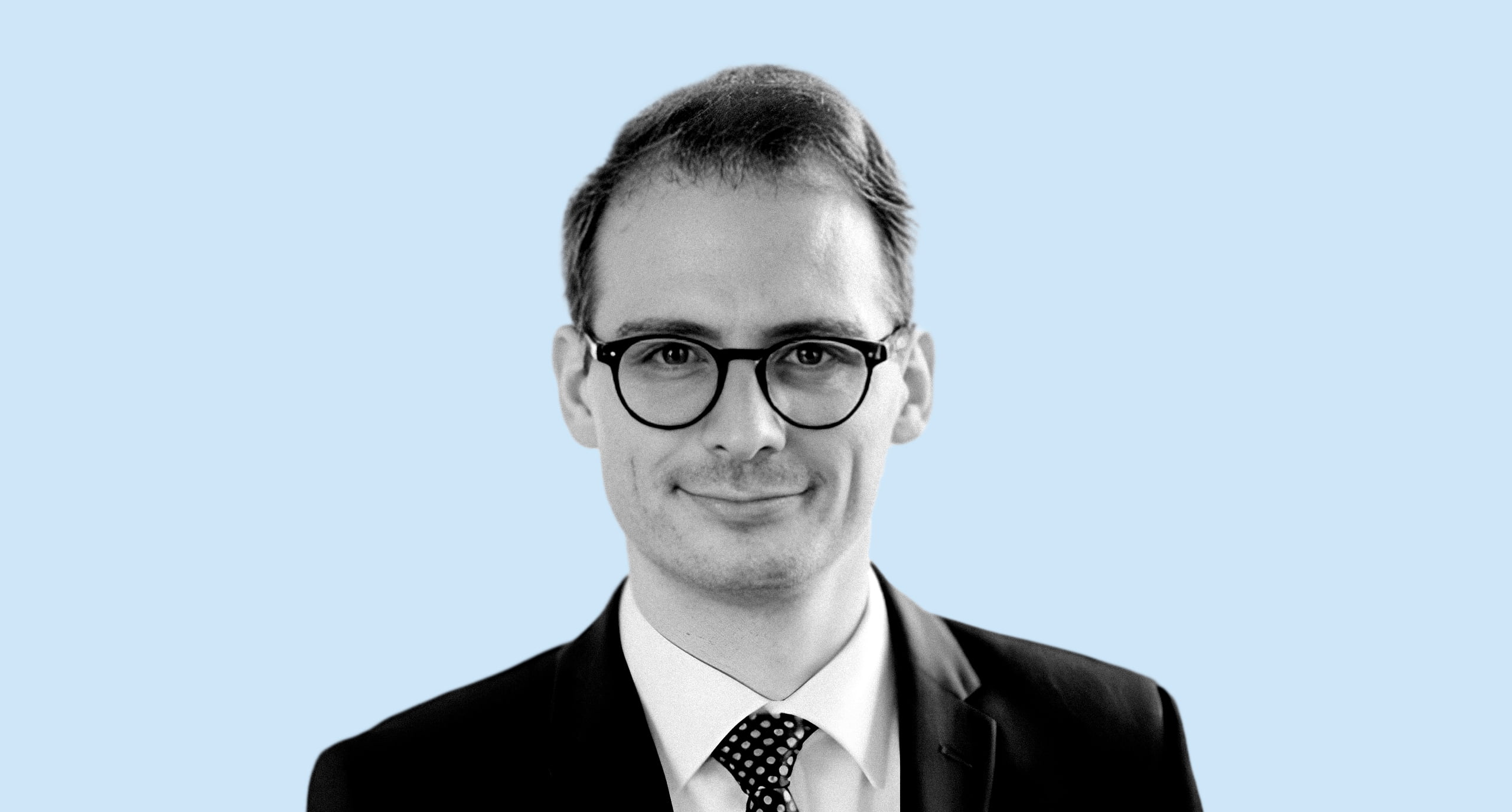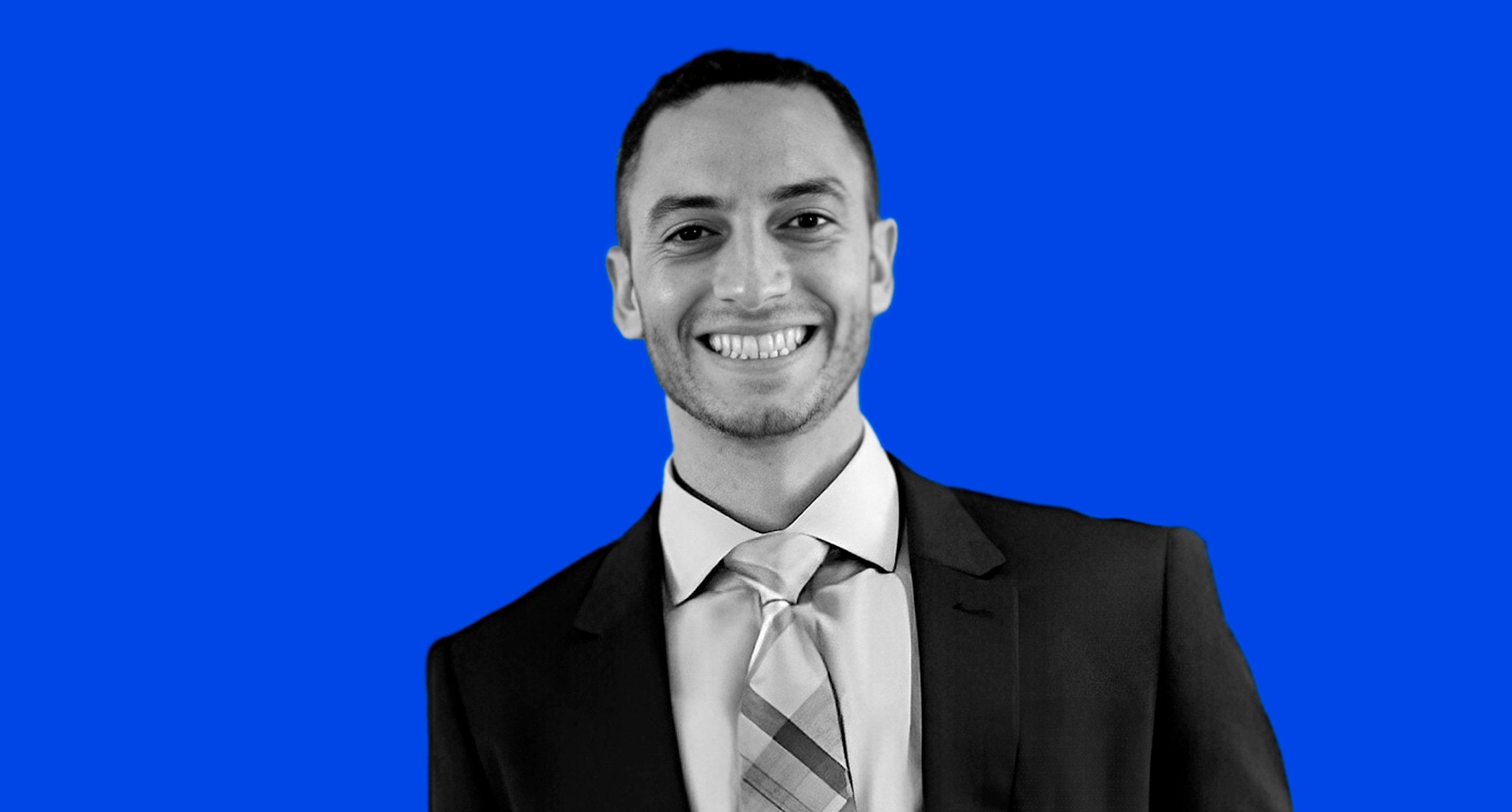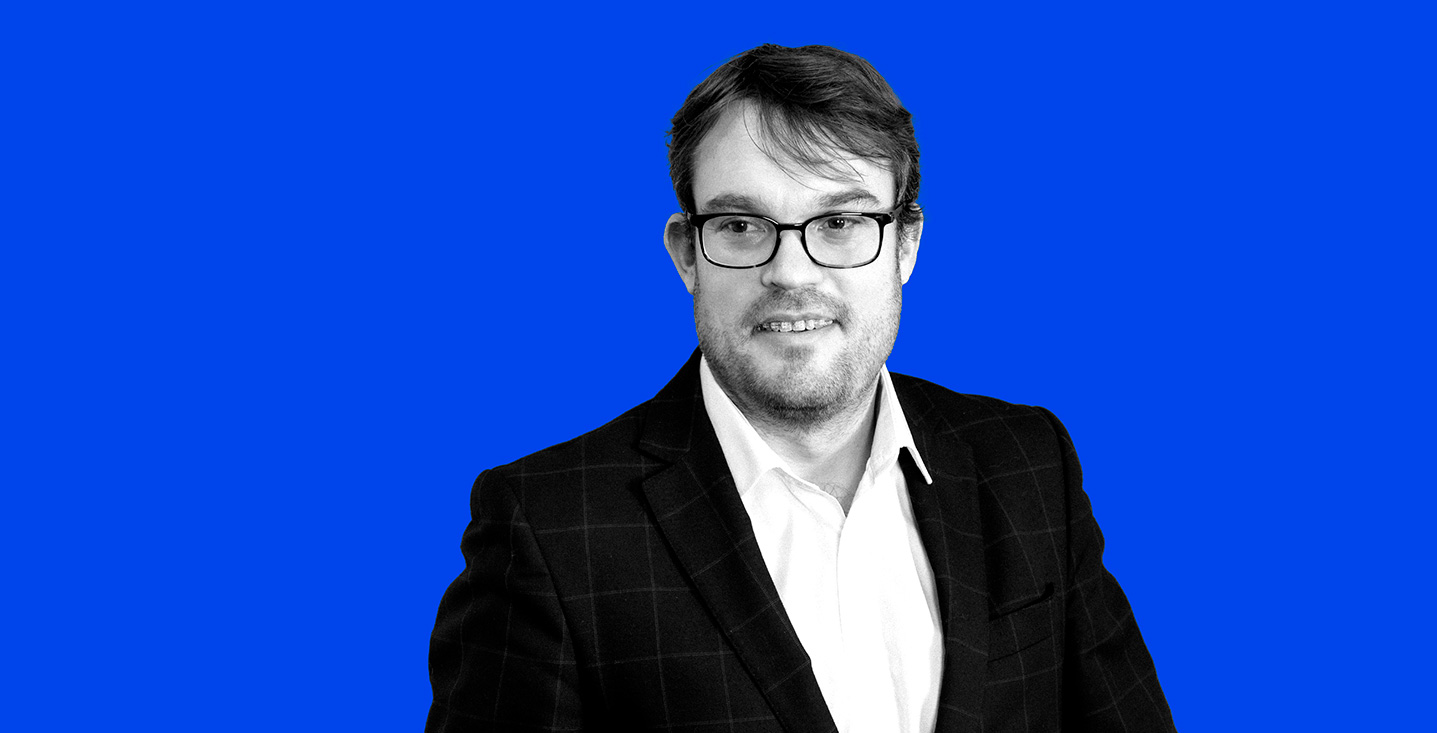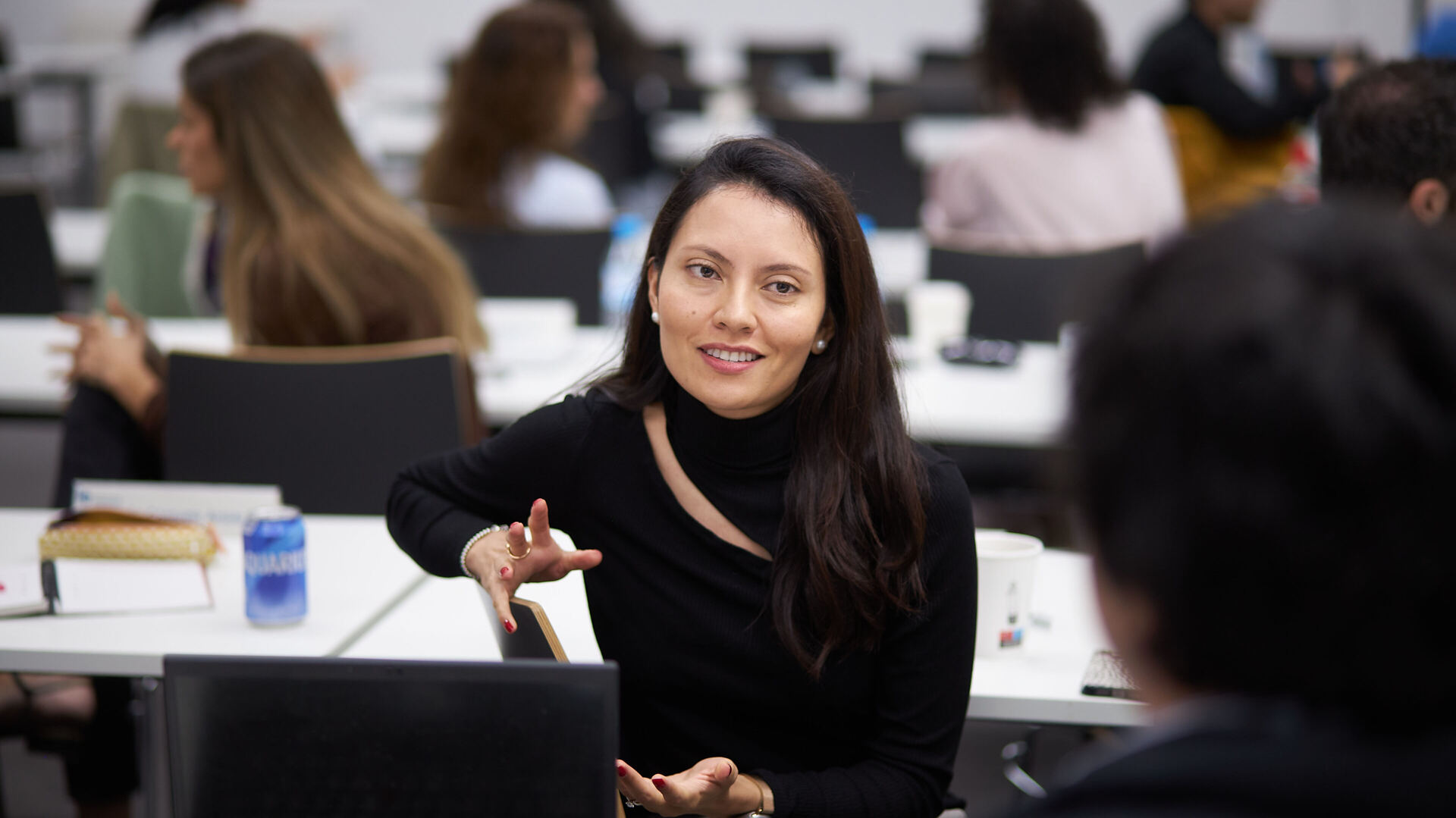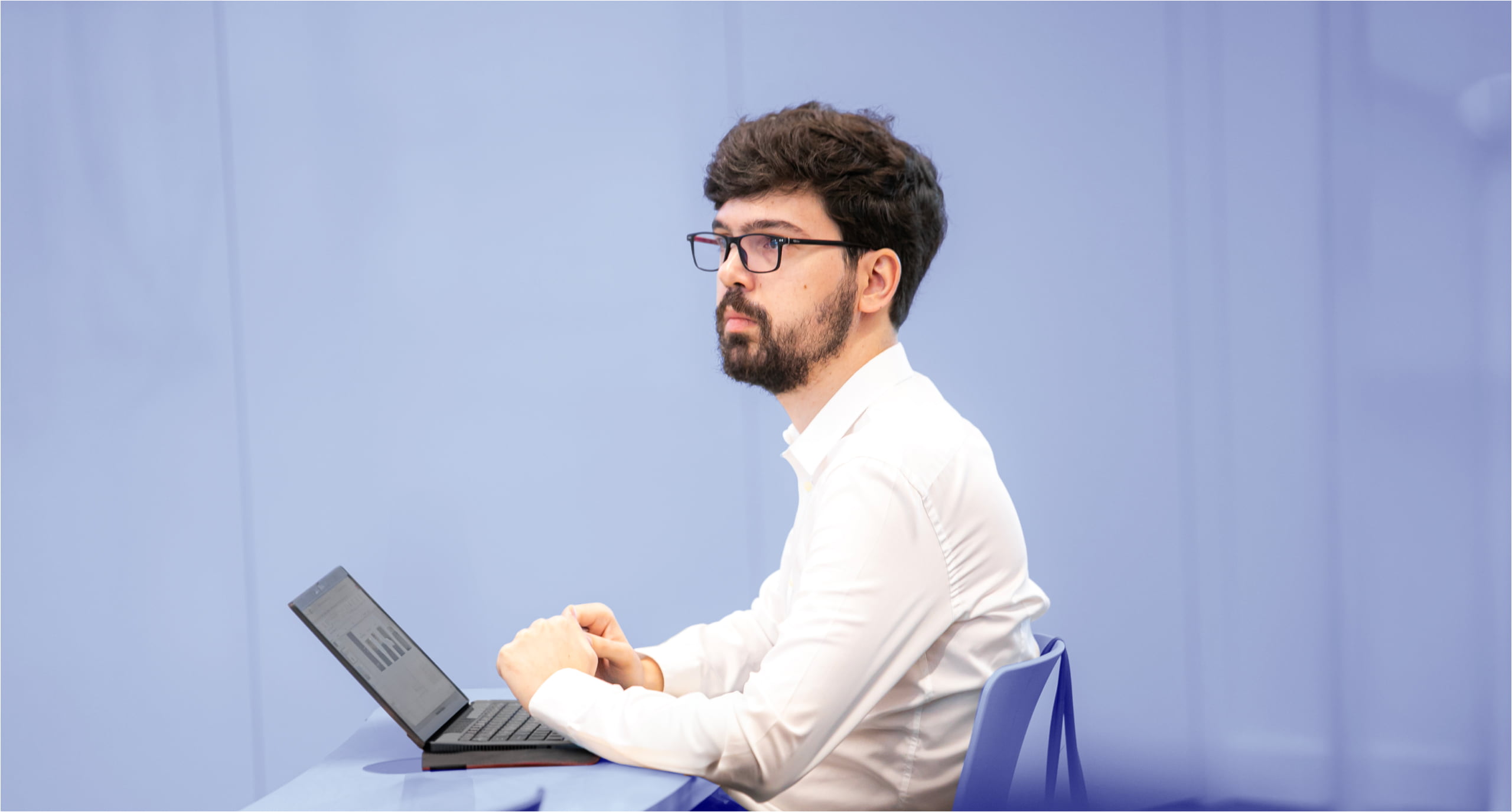16/04/2024
Students from around the world recently gathered in New Delhi for the first-ever Raisina-IE Global Student Challenge, adding the youth's voices to ongoing dialogues on pressing global affairs.
Earlier this year, IE University and the Observer Research Foundation (ORF) entered into a unique collaboration that aims to nurture future global leaders. IE School of Politics, Economics & Global Affairs and the ORF launched the Raisina-IE Global Student Challenge—an initiative bringing together students from all over the world to tackle issues of global importance and build a foundation to drive transformation and positive change in the future.
The Challenge is conducted under the framework of the Raisina Dialogue, which is India’s premier forum for geopolitics and geoeconomics held annually in New Delhi. This year, students from 19 top schools of government and global affairs in six regions were split into inter-university and inter-region teams to tackle different issues under the theme “The International Climate Change Regime.”
The Challenge culminated in a one-week immersive experience in New Delhi, where participants presented their solutions to an illustrious panel and esteemed guests during the Raisina Dialogue. Emmanuel Capochichi, a student of the Dual Degree International MBA + Master in International Relations, represented IE University at the competitions and shares his experiences from the groundbreaking event.
An eye on climate change
“I was nominated by both the dean and the vice dean of IE School of Politics, Economics & Global Affairs to take part,” Emmanuel says. He credits his stellar academic performance and steady participation in relevant extracurricular activities—like being president of the IE Energy Club and his involvement in the IE Private Equity & Venture Capital Club—for his nomination.
His broad profile made him an ideal candidate for the Challenge, offering the chance to “get involved in pragmatically tackling a key societal issue—climate change—while traveling to New Delhi, plus networking with government officials and corporate leaders.”
According to Emmanuel, it took some time to prepare for the Challenge, starting three weeks before the Raisina Dialogue. “My team and I, with the support of our supervisor, put together a policy proposal that focused on establishing a new international regime for the governance of climate change,” he explains. They presented their final proposal to a jury panel comprising respected names such as Carl Bildt, former prime minister of Sweden; Marise Payne, Australia’s former defense minister and foreign affairs minister; and Dhruva Jaishankar, executive director of ORF America.
Each proposal was evaluated based on its relevance and implementation. The winning team was then selected by vote and awarded a prize. Team 5, with their proposal “Towards LT-LED: A Digital Climate Accountability Framework Approach,” was named the winner.
Lessons from a unique experience
Emmanuel’s main takeaway from the Challenge is the importance of experiential learning.
“The classroom is a suitable place to acquire good, solid knowledge,” he notes. “However, if you do get the opportunity to get involved in such a Challenge, then go out there and put your ideas to work.”
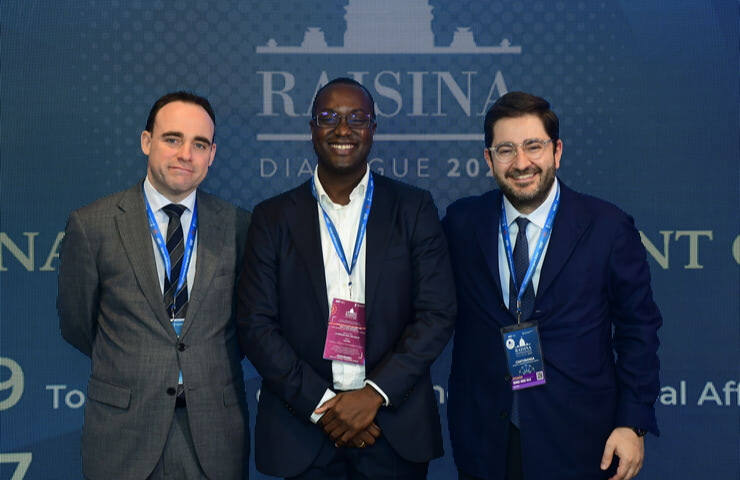
This provides you with valuable feedback and allows you to practice essential skills and learn how to communicate effectively in professional settings with busy executives and senior officials in the real world of global affairs. “You’ve only got a few minutes to get your message across, so make it count.”
More importantly, he says participating in the Challenge has contributed significantly to his academic and professional development. The experience has boosted his “interdisciplinary learning, critical-thinking skills, leadership abilities, global awareness and networking opportunities,” while stoking his ambition to reach his mid- and long-term career goals.
With the contest now over, Emmanuel and the other 2024 Raisina-IE Global Student Challenge participants still have an additional three weeks of work to look forward to. During this period, they’ll collaborate online to integrate their contributions into a single, final proposal document that will be presented at an upcoming ORF global governance forum.
Emmanuel encourages other students to take part in these kinds of platforms as a chance to learn from other great minds and gain a broader worldview.
